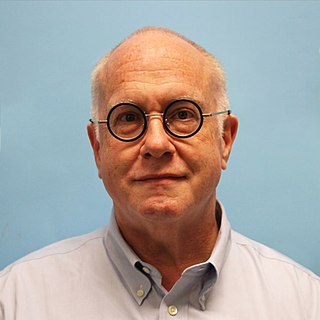A Quote by Marsha Blackburn
Reclassifying the Internet as a telecommunications service will have dangerous repercussions for years to come.
Quote Topics
Related Quotes
The internet exchange is sort of the core points where all of the international cables come together, where all of the internet service providers come together, and they trade lines with each other. These are priority one targets for any sort of espionage agency, because they provide access to so many people's communications.
One can never tell what will be the result of faithful service rendered, nor do we know when it will come back to us or to those with whom we are associated. The reward may not come at the time, but in dividends later. I believe we will never lose anything in life by giving service, by making sacrifices, and doing the right thing.
The most dangerous type of atheism is not theoretical atheism, but practical atheism -that's the most dangerous type. And the world, even the church, is filled up with people who pay lip service to God and not life service. And there is always a danger that we will make it appear externally that we believe in God when internally we don't. We say with our mouths that we believe in him, but we live with our lives like he never existed. That is the ever-present danger confronting religion. That's a dangerous type of atheism.
People act as if the internet will never die, that the Cloud will never die. In the face of that, much of human civilization, including our human bodies, seem so defective and mortal and constantly fading. Our lifespan is 80 years, 90 years if we're lucky, and that's a drop in the bucket compared to how long we think the internet will live.
The Internet will not become a money machine until the banking industry figures out how to transfer money for free so you can charge USD 0.005 (half a cent) for some simple service like, say, reading a newspaper article you have searched for. With today's payment system, the cost of the transfer of the funds completely dwarf the cost of the service paid for. ... This situation, however, is what acutely prevents the Internet from taking off as a network for paid services.
Before I became the president of AT&T's consumer division, I was running strategy and our internet services, so I was the president of one of the first internet service providers, ISPs, AT&T Worldnet, and running our internet protocol product development as well. So I knew a lot about what was going on with the internet.
I draw a distinction between freedom of the internet and freedom via the internet. In the first case, it's making sure cyberspace is not over regulated and people can say what they want without fear of repercussions. But that's different from this freedom via the internet notion, which is often touted by all sorts of conservatives and neoconservatives who want young people in the Middle East and elsewhere in the world to use Facebook and Twitter and then go oppose their governments.


































